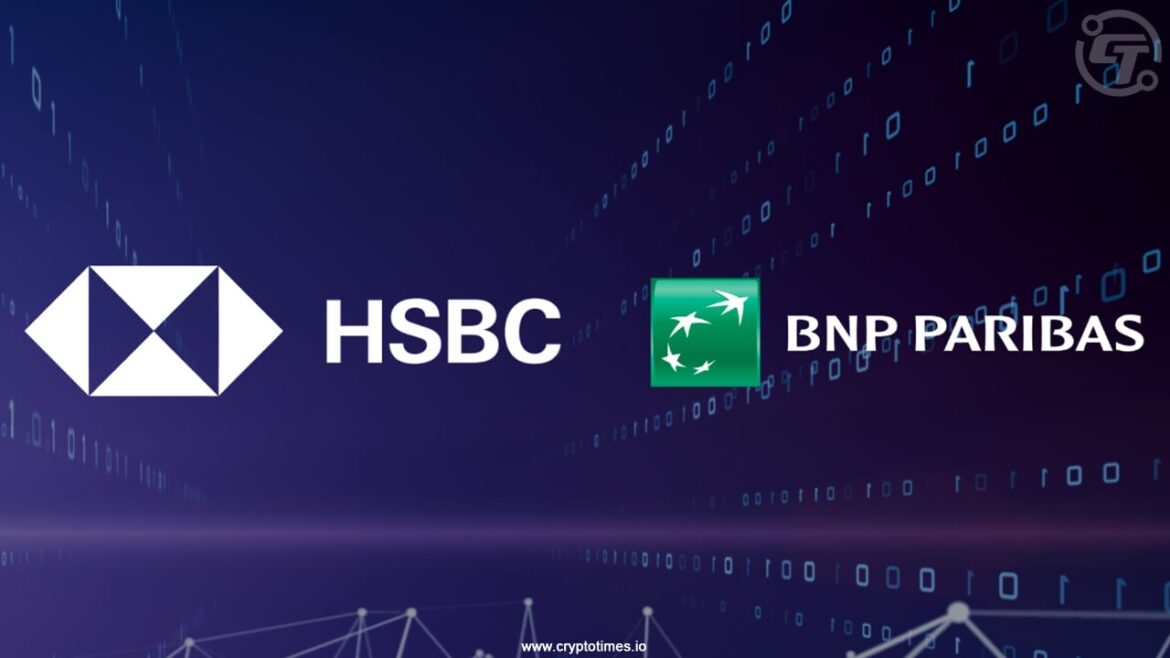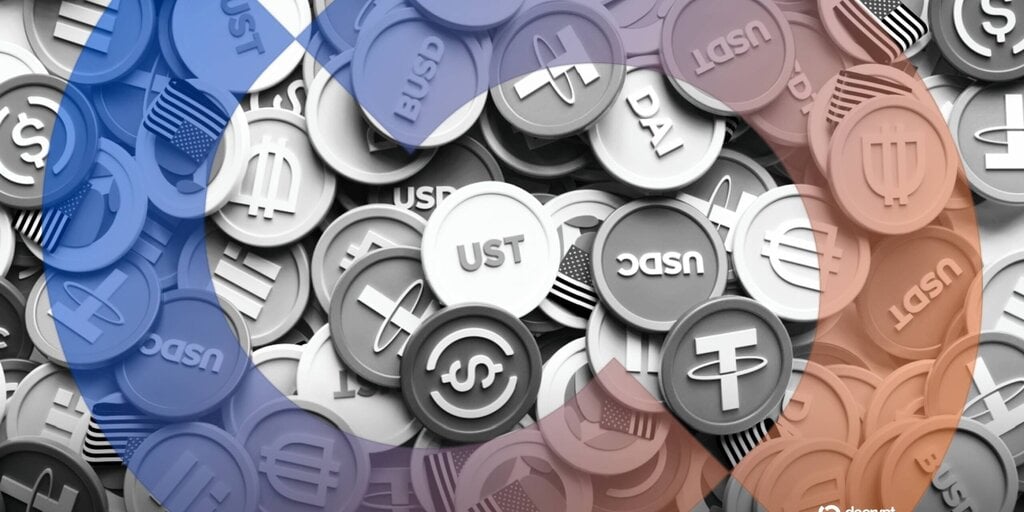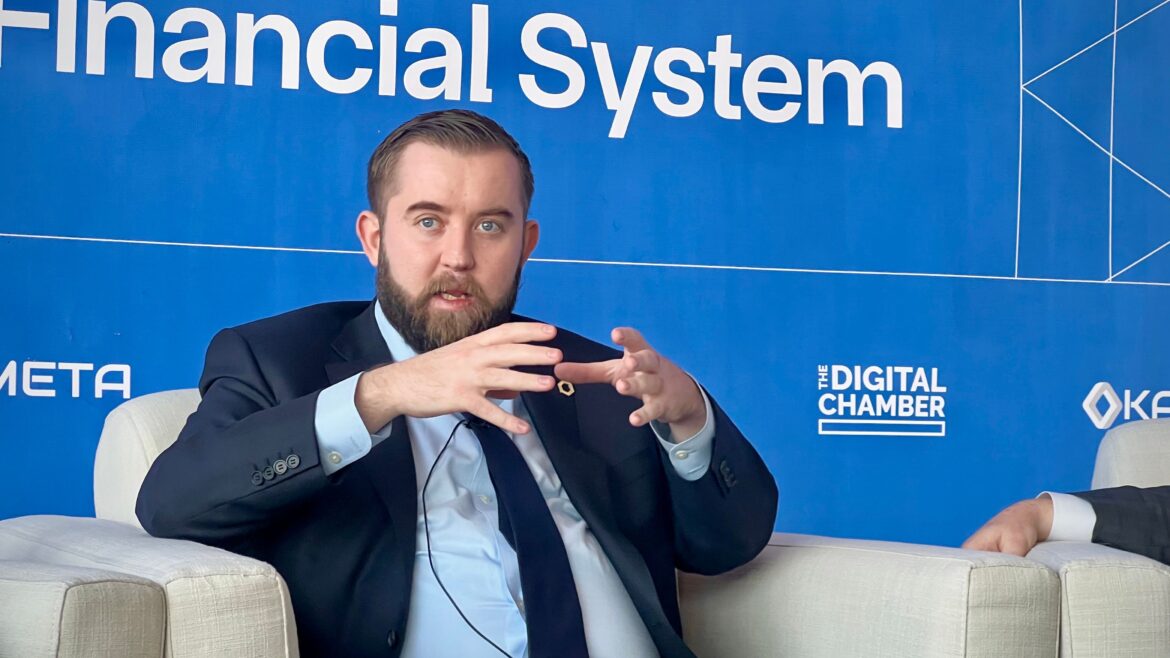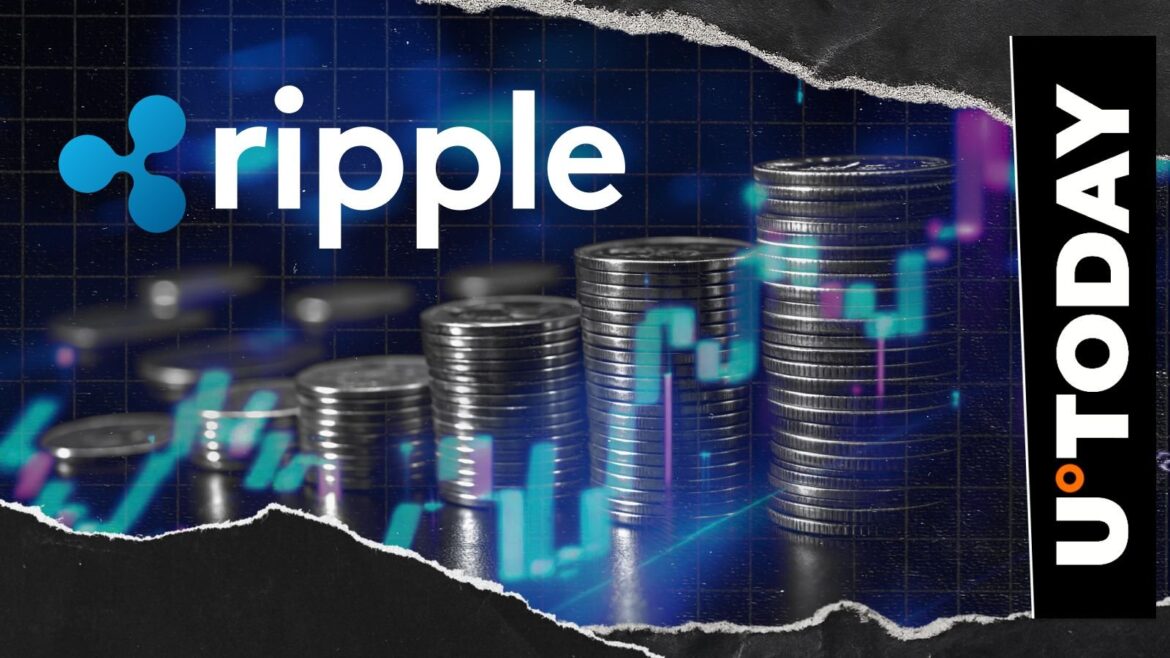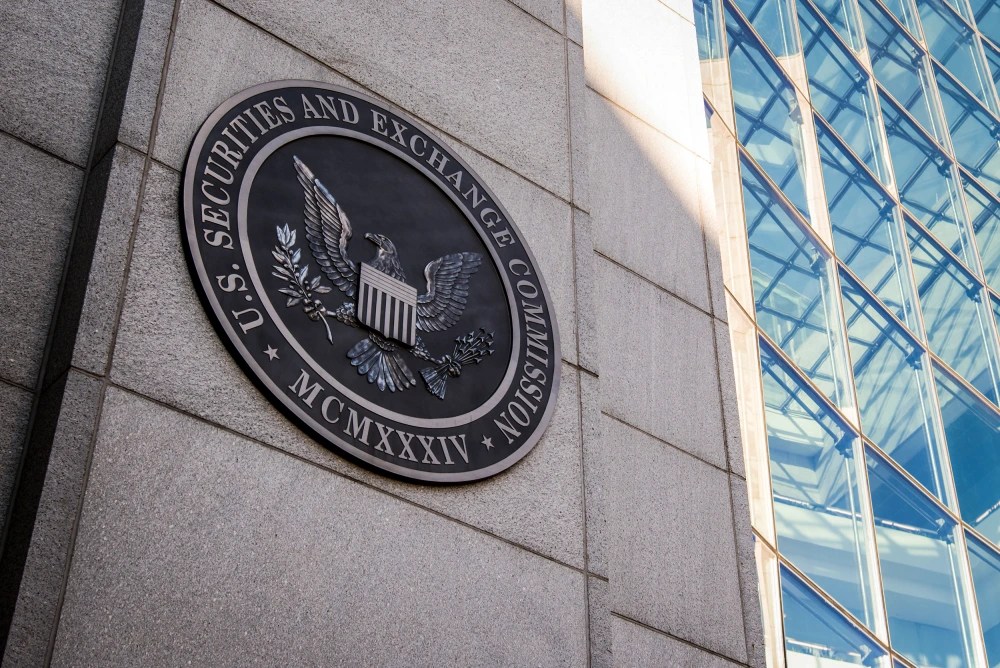Aria launches Aria PRIME with Story Protocol, tokenizing $100M Korean music catalogs to bring cultural IP into institutional investment markets.
Summary
- Aria PRIME launches as an institutional platform for tokenized IP
- First deal brings $100M in Korean music catalogs onchain with Story Protocol
- Platform plans to expand into other cultural assets like film and art
Aria is moving $100 million in Korean music catalogs onchain through Story Protocol, opening a new market for tokenized cultural IP.
Aria made the announcement on Sept. 22, introducing Aria PRIME, its institutional platform for managing and investing in high-value intellectual property. The launch, done in partnership with Story Protocol (IP) and Contents Technologies, will bring tokenized access to music rights that represent more than half of South Korea’s global music distribution market.
Aria PRIME: turning culture into capital
Film franchises, music catalogs, and other entertainment rights are just a few of the extensive IP portfolios that Aria PRIME is designed to manage. Rights holders benefit from increased liquidity and more transparent ownership structures when these assets are tokenized into fungible units, and institutional investors can access them with the help of blockchain infrastructure.
The Story Layer 1 blockchain, a network designed for IP tokenization, powers the platform. Assets created as Intellectual Property Real-World Assets can be divided into fractional ownership, produce royalties, and be integrated with smart contracts for remix and licensing rights. This design enables both financial utility and new creative models.
Funding and ecosystem growth
Earlier in September, Aria secured $15 million in seed and strategic funding at a $50 million valuation, with support from Polychain Capital, Neo Classic Capital, and the Story Protocol Foundation. The company earns fees from token launches, trading, and IP vault management, but is currently reducing costs to drive adoption.
The $100 million Korean music catalog is Aria PRIME’s first step toward a larger institutional IP market. Cinema, art, and other genres might be added in the future, making cultural intellectual property a scalable financial asset.
By bridging capital markets and entertainment, Aria is positioning IP to function not only as creative output but also as investable capital.




